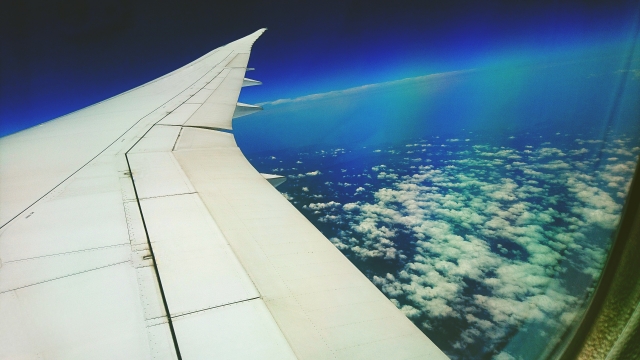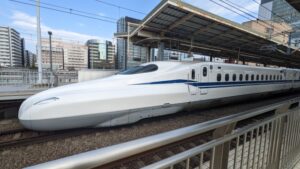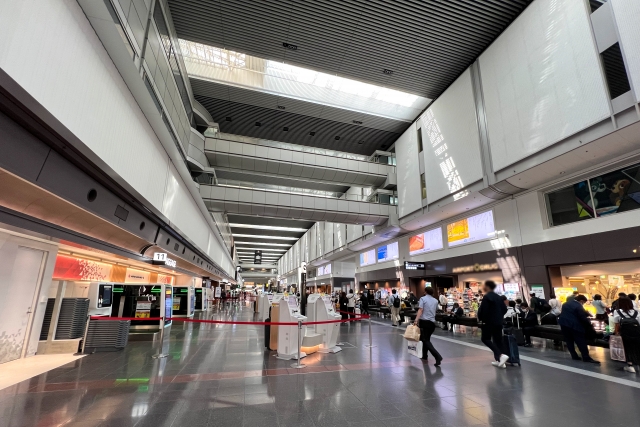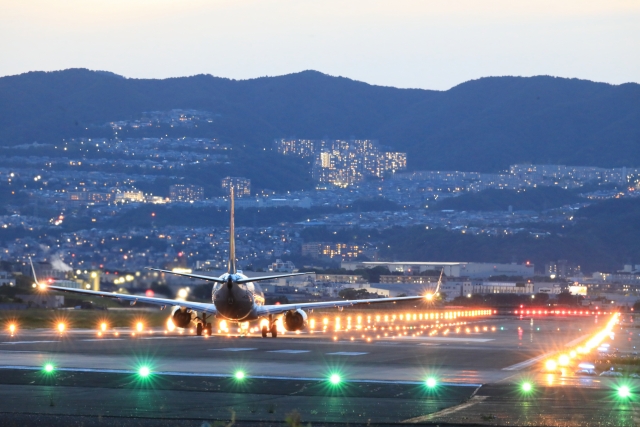Japan’s intricate network of domestic flights offers an efficient way for foreign tourists to explore the country, from the snowy landscapes of Hokkaido to the tropical beaches of Okinawa.
This detailed guide will ensure your air travel experience in Japan is seamless and enjoyable.
How to Use an Airplane in Japan

We will explain how to ride the Airplane in 8 steps.
STEP 1: Selecting Your Airline
Japan has a competitive domestic aviation market, with a mix of full-service and low-cost carriers (LCCs). The two largest airlines are Japan Airlines (JAL) and All Nippon Airways (ANA).
They offer comprehensive networks covering the entire country. For budget-conscious travelers, LCCs like Peach Aviation, Jetstar Japan, and Vanilla Air offer excellent value for money.
STEP 2: Booking Your Flight
You can book flights directly on the airline’s website, through online travel agencies, or at physical travel agency locations.
Considerations when booking include fare conditions, the airport’s proximity to your destination, and flight schedules. Booking well in advance often secures the best prices.
STEP 3: Arriving at the Airport
Japan’s airports are well served by public transportation. Options include trains, buses, and taxis.
Always allow plenty of time for travel to the airport, particularly during peak hours or holiday seasons.
STEP 4: Check-in
Check-in procedures vary between airlines, but in most cases, the process opens 2 hours before the scheduled departure time.
Ensure to have your passport and reservation details ready. Some airlines offer self-service kiosks, expediting the check-in process.
You’ll receive a boarding pass upon check-in, which you will need for security and boarding.
STEP 5: Security Check
After check-in, proceed to the security checkpoint. Prepare to remove metallic items and electronics from your luggage.
The process is generally smooth and efficient, reflecting Japan’s reputation for orderliness and respect for rules.
STEP 6: Boarding
Boarding usually starts 20-30 minutes before the departure time.
Ensure to listen to the announcements and proceed to your gate on time. Airlines may have different boarding procedures, but in general, you’ll need to present your boarding pass and passport.
STEP 7: On the Flight
Once onboard, you can stow your carry-on luggage in the overhead bin or under the seat in front of you.
Most domestic flights in Japan provide a complimentary drink service and sometimes a small snack. Sit back and enjoy the flight!
STEP 8: Arrival
Upon landing, follow the crew’s instructions and the airport signs to exit the aircraft and proceed to the baggage claim area.
Once you’ve collected your luggage, you’re free to start exploring your destination!
How Air Travel Compares to Other Modes of Transportation in Japan


| Mode of Transport | Pros | Cons |
|---|---|---|
| Air Travel | Fastest for long distances, extensive network | Potential delays, extra time for airport procedures |
| Shinkansen (Bullet Train) | City-center to city-center, no check-in | Expensive, slower than flying for very long distances |
| Highway Buses | Low cost, good for overnight travel | Slow, less comfortable |


Frequently Asked Questions

Here are some frequently asked questions and answers about how to ride the Airplane.
Do I need to speak Japanese to fly domestically?
No. Major airports and airlines offer services in English, including announcements. However, learning a few basic Japanese phrases can enhance your travel experience.
What if I miss my flight?
Most airlines will transfer you to the next available flight free of charge if you miss your flight due to reasons within the airport’s control. However, if you miss your flight for personal reasons, you may be charged a rebooking fee.
Conclusion
Traveling by air in Japan can be a quick, convenient way to get around the country.
Understanding the process can help ensure a smooth and pleasant journey.
So next time you’re planning a trip across the archipelago, why not consider the option of flying?



comment